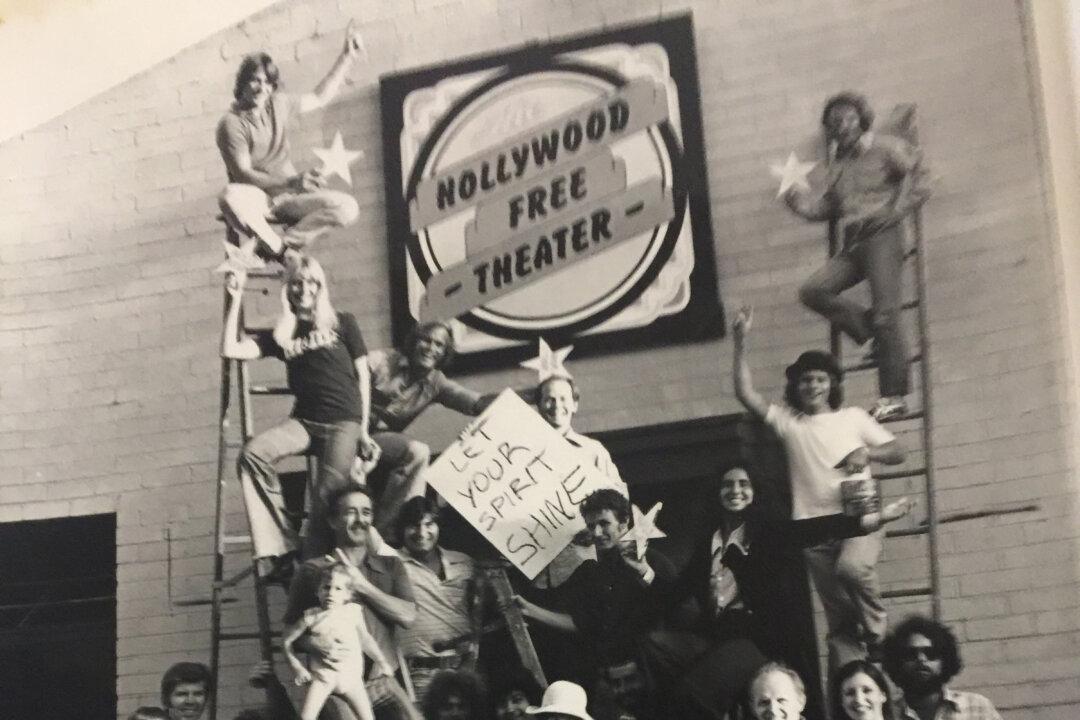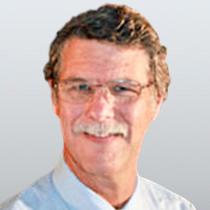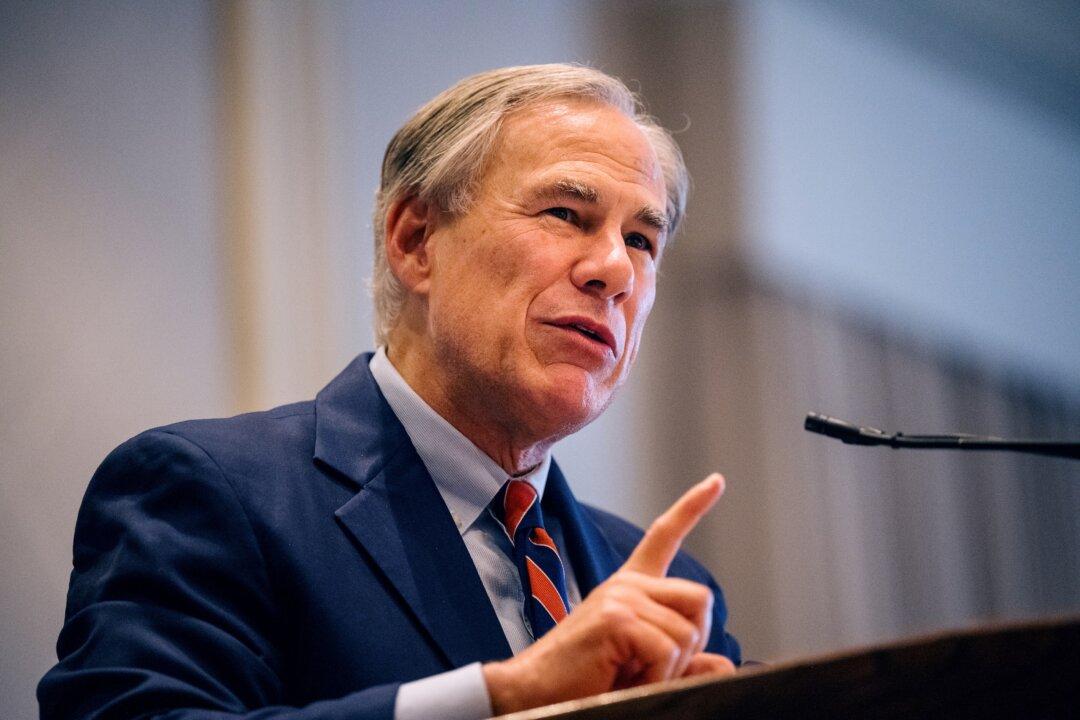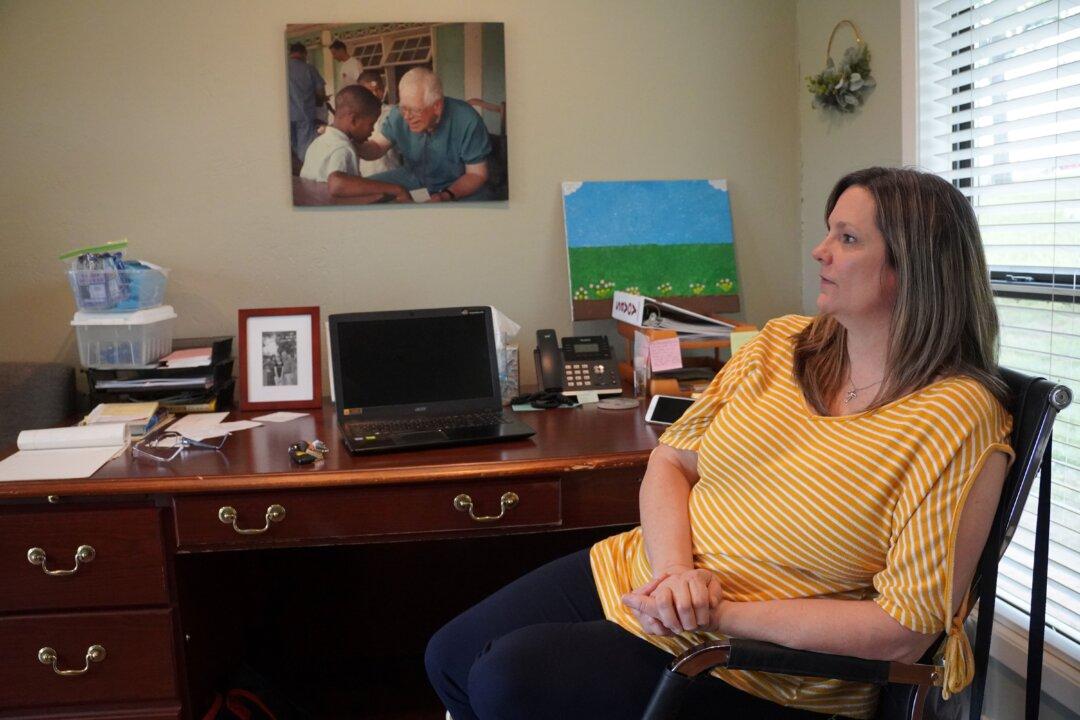Hollywood screenwriter Kleg Seth would be the first to say that the Centrum of Hollywood story is not about him. But there would be no story if he and the volunteers he led hadn’t been there, available to serve abused young people.
“I believe it wasn’t so much my ability,” he said Jan. 24, “as it was my availability.”





